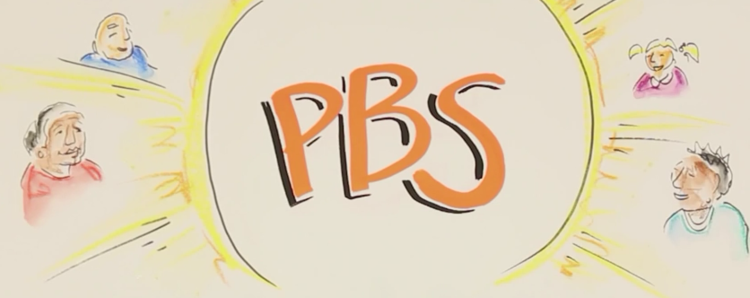D.ESCAL8™ is about relationships.
D.ESCAL8™ was founded as a response to 2 decades of experience in care, where our founder saw a consistent theme of neglected relationships leading to distress, harm, and a loss of what care is supposed to be about.
For this reason, our physical interventions course is called "Supporting Individuals in Distress."
For over a decade we've taught that the only appropriate physical intervention is one that supports the person safely, humanely, and when everything else has been tried and failed.
This principle is at the core of what D.ESCAL8™ is about. Leading to a large amount of feedback from participants that we deliver the least restrictive training they have had.
Open Courses
This D.ESCAL8™ 3 day course is Certified under the Restraint Reduction Network Training Standards administered by the British Institute of Learning Disabilities (BILD). As with all our physical intervention courses it is informed by the Training Needs Analysis of the needs of the individuals you support.
Participants completing this course will gain a certificate confirming they have been trained to the Restraint Reduction Network Training Standards.
As the 'Supporting Individuals in Distress' course (SID) is certified you can be confident that all of the standards of theory, current legislation, Physical Intervention Risk Assessments and best practice are met whilst being tailored to the particular needs of your service and supported individuals.
Safety starts with staff, not techniques
Staff members who can’t regulate their own stress are not equipped to handle the distress of others in a calm and compassionate manner.
Staff equipped only with physical skills, and not the confidence to restrain themselves from using them, will default under stress to methods of control which may be inappropriate and damage their relationship with the person they support. Due to their need to stay inside their comfort zone
Therefore, D.ESCAL8™ teaches emotional resilience and self-reflection as the first step before physical interventions are taught. This emotional resilience is then stress tested to ensure staff can remain calm, compassionate, and can reliably discern when NOT to use physical interventions in times of high stress.
Ultimately, the goal in applying de-escalation techniques is to maintain the relationship with those you support even when their behaviour pushes the comfort zone of staff.
Short vs Long Term Focus
Our trauma-informed approach to physical situations has been developed with the supported individual’s wellbeing as a priority. Rather than take the short-term view that staff should control a situation at the expense of the supported individual, we emphasise preserving the relationship between staff and the individual. Protecting that relationship even through distressing scenarios is the only reliable way to prevent escalation of interventions over the longer term of the service.
A service using control as a normal approach to distressed behaviour will lead in the longer term to staff working inside their comfort zones at the expense of the individual.
All of our physical skills are fully risk assessed to ensure that they are safe for use with adults, young people and children. D.ESCAL8™ does not teach any techniques that cause pain or that use the floor.
Participants and commissioners of training evaluate the course and a full course report of participant performance is produced.



